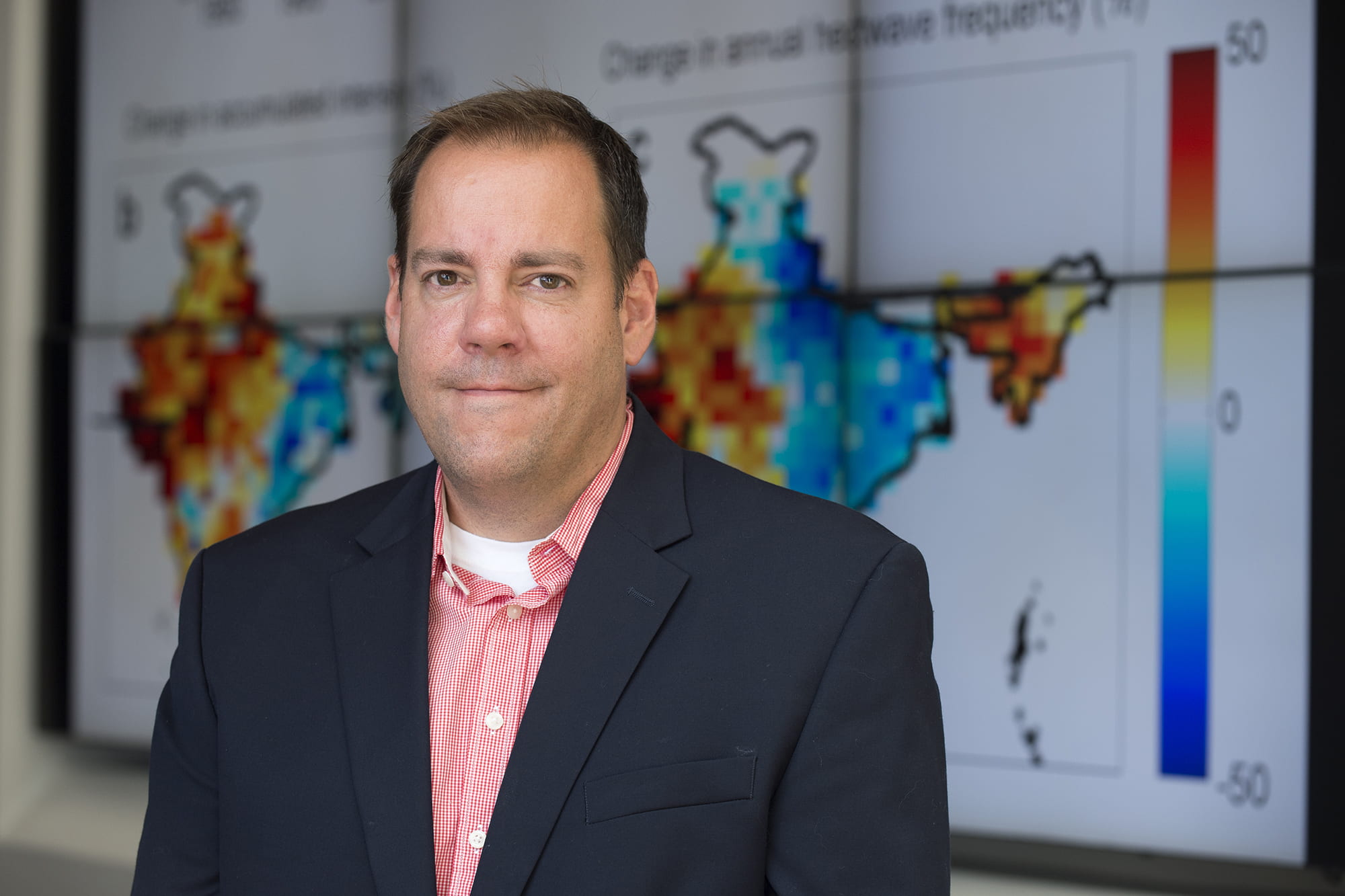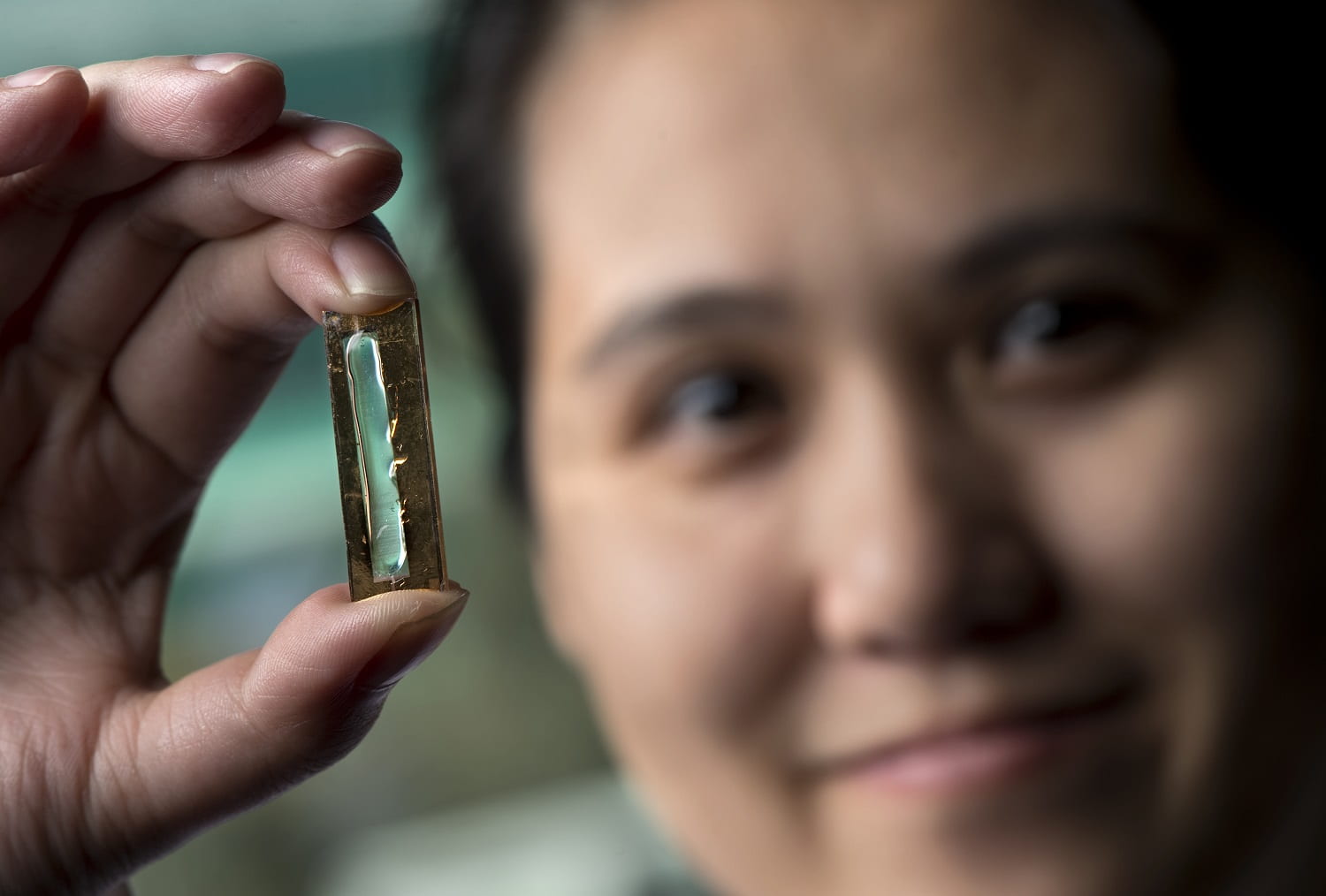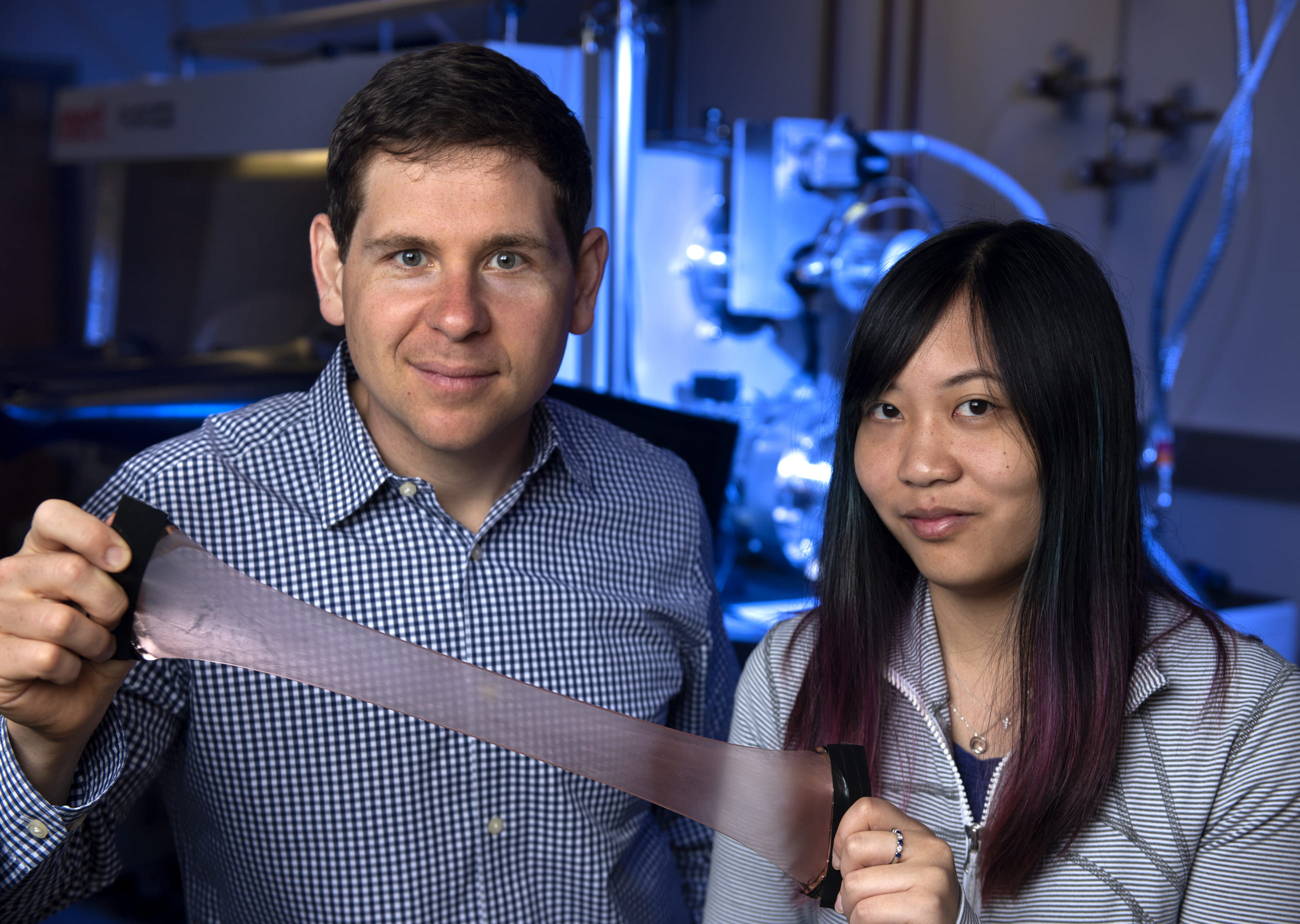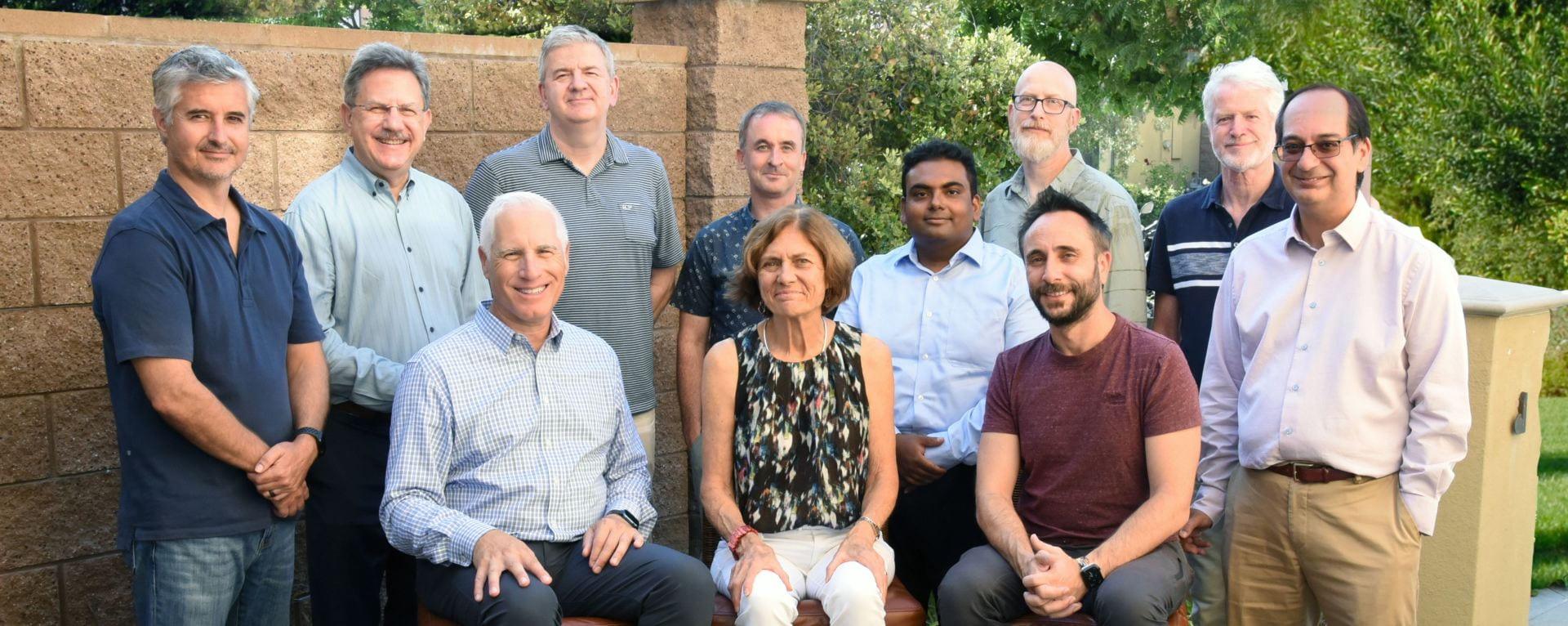Steven Davis to be awarded Macelwane Medal

The American Geophysical Union will award its 2018 James B. Macelwane Medal to Steven Davis, UCI associate professor of Earth system science. The medal is given annually to a small group of early-career researchers for significant contributions to the geophysical sciences. The AGU noted Davis’ work in developing a science that links global climate change and society, acknowledging the impact of trade and other economic forces on greenhouse gases and air pollution. “I am honored to have been chosen by the American Geophysical Union to receive the Macelwane Medal,” Davis said. “It’s critically important that scientific organizations are recognizing efforts to understand how humanity is affecting – and is, in turn, affected by – the Earth system.” One of UCI’s most prolific and frequently cited researchers, Davis has published influential studies on decarbonizing our energy, transportation and construction sectors; the implementation potential of renewable energy; the global uptake of carbon dioxide by cement; the “chemtrails” controversy; and the disproportionate effects of world trade on regional air quality. “This is a well-deserved recognition of one of our most distinguished young scholars,” said Eric Rignot, chair of UCI’s Department of Earth System Science. “By investigating how our activities affect not only the Earth system but also humans, Steve is conducting research of direct and immediate relevance to all of us.” Davis will receive his medal during the AGU Fall Meeting, to be held in December in Washington, D.C.


